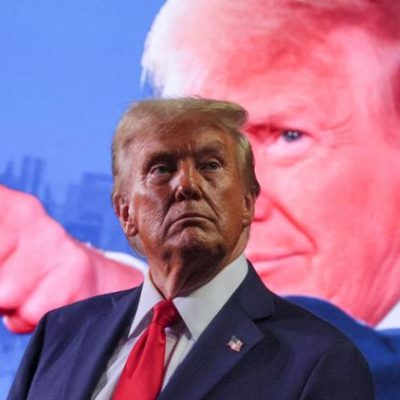In the competitive landscape of global streaming services, Kocowa, the K-content platform operated by Wavve America, is navigating troubled waters. As its parent company Wavve grapples with domestic challenges in South Korea, Kocowa’s aspirations in the American market are facing significant headwinds, with investment prospects looking increasingly grim.
Wavve, once a promising contender in South Korea’s OTT arena, has stumbled in recent years. The company has accumulated losses of approximately 200 billion won over the past two years, a financial burden that weighs heavily on its operations. This financial strain is compounded by a steady erosion of market share, as competitors like Netflix, TVING, and Coupang Play continue to gain ground.
At the heart of Wavve’s struggles lies a content strategy that has failed to resonate with viewers. In an era where original content reigns supreme, Wavve’s reliance on programming from Korea’s traditional broadcasters – KBS, MBC, and SBS – has proven to be a liability rather than an asset. These once-dominant networks have found themselves increasingly out of step with the evolving preferences of streaming audiences.
The ripple effects of these domestic challenges have reached across the Pacific, severely impacting Kocowa’s prospects in the United States. American investors, known for their keen eye for potential, are viewing Kocowa through the lens of Wavve’s difficulties, leading to a growing reluctance to back the platform. This hesitancy is further exacerbated by several key factors:
- Financial Instability: Wavve’s substantial losses and declining market share in South Korea raise serious concerns about the long-term viability of its business model, which directly affects Kocowa.
- Content Weakness: Kocowa’s heavy reliance on traditional Korean broadcast content, rather than original productions, puts it at a disadvantage against competitors like Netflix, which are investing heavily in creating exclusive K-content.
- Market Saturation: The K-content streaming market in the U.S. is becoming increasingly crowded, making it difficult for Kocowa to differentiate itself and capture market share.
- Merger Uncertainties: The stalled merger talks between Wavve and TVING add another layer of uncertainty, potentially complicating Kocowa’s strategic direction and operational stability.
- Complex Corporate Structure: The intricate relationship between Wavve, its Korean broadcast partners, and Kocowa may be deterring investors who prefer clearer, more straightforward business models.
As a result of these factors, industry analysts are pessimistic about Kocowa’s chances of attracting significant funding in the near future. The company finds itself in a precarious position, struggling to compete effectively against well-funded rivals with deeper content libraries and more aggressive expansion strategies.
Without substantial new investments, Kocowa may face severe limitations in its ability to acquire new content, develop original programming, or expand its marketing efforts – all crucial factors for growth in the highly competitive streaming industry. This financial constraint could set off a vicious cycle, further weakening its market position and making it even less attractive to potential investors.
The road ahead for Kocowa seems fraught with challenges. For now, it appears that the company may need to rely heavily on its existing resources and potentially seek alternative strategies to stay afloat in the U.S. market. The ability of Kocowa and Wavve to weather this storm and potentially turn their fortunes around will be closely watched by industry observers, as it could have broader implications for other Korean media companies with global ambitions.
However, given the current landscape and the multitude of challenges facing both Kocowa and its parent company Wavve, a significant turnaround or major investment influx seems unlikely in the short term.






